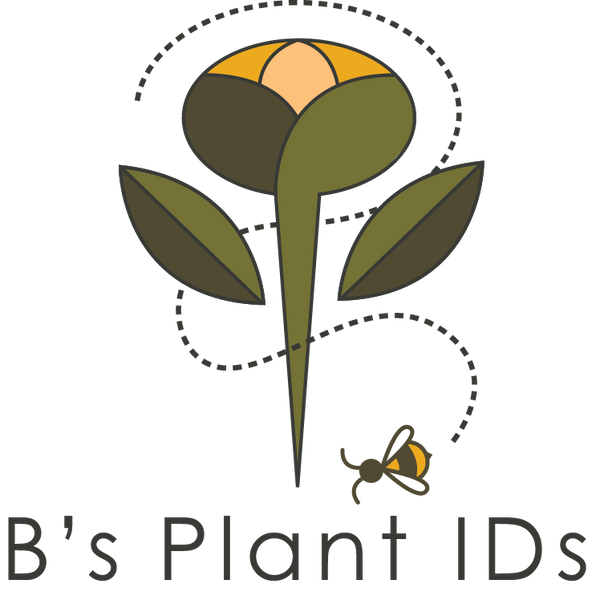Keeping a garden healthy is an ongoing job. To help your garden grow beautifully, let's address three garden problems and what you can try to correct them. Lets keep those precious plants healthy!
Leaves Turning Yellow

If you notice your plant's leaves turning yellow, it could be a sign of overwatering. Plants don't like really wet feet. Make sure your plant is getting the right amount of water and check for proper drainage. Trim off any yellow leaves to encourage new growth. Remove some of the mulch if you are getting a lot of rain. Be careful not to remove too much mulch so your plant is still protected from splashing which can cause fungus and disease to come up from the ground and land on the plant leaves.
Yellow leaves can also be a sign of nutrient deficiencies, specifically and iron deficiency. Give a sprinkle of Epsom salts around the plants or try a fertilize like Milorganite or other balanced fertilizer. Carful to not over do it! The goal is to correct the problem not create another. :)
Powdery Mildew

It can spread quickly among plants, so it's important to act fast. Remove any infected leaves or stems and avoid overhead watering to prevent the spread of spores. Consider using a fungicide to help combat the issue. A baking soda mixture is also an effective treatment. Here is the recipe. Keep in mind the spray will only kill the fungus it comes in contact with, so treat the tops and the bottom of the leaves.
Some plants are more prone the powdery mildew than others. I find that garden phlox are very susceptible to powdery mildew, even the disease resistant varieties. Keeping air flow around the plants greatly cuts down on the problem.
Aphids

Dealing with aphids can be frustrating. They come in all different colors but one thing is the same. They need to go! There are natural solutions to help. To show these unwanted guests the door, try spraying your plants with a strong stream of water. The aphids should rinse off, leaving your plants pest-free and happy!
If a strong spray of water doesn't work, try using neem oil or insecticidal soap to get rid of unwanted visitors. You can also introduce beneficial insects like ladybugs and green lacewings to help control the pest population. Plants that encourage these predators are marigolds, sunflowers, daisies, alyssum, dill, and calendula.
Keeping your garden healthy
By being proactive and attentive to your garden's needs, you can help prevent and cure common plant health issues. Observe your plants regularly and address any problems as soon as they arise to keep your garden producing and beautiful.


1 comment
Thank you for these helpful hints. I find them helpful. Most I have read before, but it helps to be reminded.